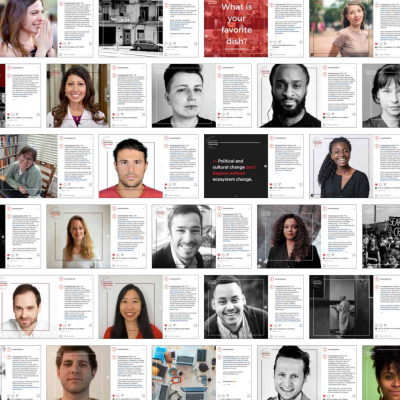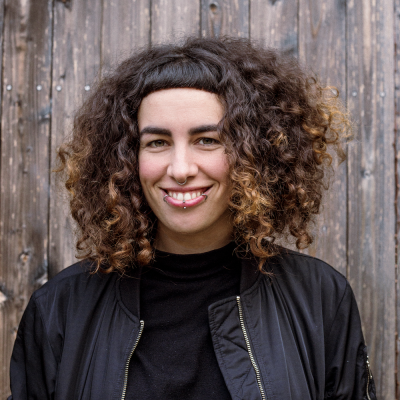Article
This project will affect people’s awareness of disinformationabout COVID-19 and vaccines, which in turn will affect their readiness to apply precautionary measures and the willingness to vaccinate.
Magdalena’s Landecker Democracy project “War on Disinfo” will teach young people how to detect and debunk disinformation and later how to talk about it with friends. Thus, the goal is to empower young people to stop the spread of fake news.
Magdalena’s Motivation
As warned by the World Health Organization, the COVID-19 pandemic is being used to spread false and misleading narratives aiming to discredit official measures taken by governments, change the public perception of the coronavirus, and discourage people from following precautions and getting vaccinated. When the pandemic began, the uncertainty and lack of reliable information caused a snowplow of disinformation regarding the coronavirus itself – how contagious it is, where the virus originated, the effective protective measures, etc. This year, with numerous vaccines being developed, the anti-vaccine conspiracies are spreading with an even faster pace. As with the rest of the world, Poland was touched by the infodemic and the impact of misleading and false information is alarmingly apparent in public surveys.
This project will affect people’s awareness of disinformation about COVID-19 and vaccines, which in turn will affect their readiness to apply precautionary measures and the willingness to vaccinate. People will be more aware of which narratives in this area are most often used by disinformation sources and which have the greatest reach in social media.
Project Development
The project consists of three phases. First, with help of university professors, educators, trainers and “disinfo expersts” we will prepare lesson plans on disinformation and media literacy for three age groups. Lesson plans will be tested on focus groups and re-evaluate. Secondly, these lesson plans will be shared with group of young teachers and academic (at the beginning of their carriers). They will be trained on how to talk about disinformation with different pupils. Thirdly, these educators will be encouraged to conduct lessons during their mandatory internships.
As a result of participation in training, students will be able to distinguish between credible and non-credible news sources, understand 3-step analysis of problematic information (see the graph below), recognize and understood the difference between disinformation and misinformation, and understand the goals of disseminating it. Training will include information on methodology, 3 step analysis of dis/misinformation, presentation of monthly report with detailed analysis of selected examples, testing based on The Bad News Game (a multiple award-winning fake news theory-driven social impact game aimed at building psychological resistance against online mis/disinformation), as well as Q&A session. Each training will be conducted online for students at different Polish high schools/universities.
In a world that is losing the sense of humanity, let’s not lose the sense of truth.
As a result of the lessons both educators and pupils will be invited to cooperate further in the project (i.e. to participate in InfoTester project at Polis-Japanese Academy, and provide short analysis for social media accounts).
Lastly, the campaign will be organized in order to introduce mandatory media literacy lessons in the curriculum of Polish schools. Petition will be send to the Parliament after gathering support of signatories.
Updated March 2022.




